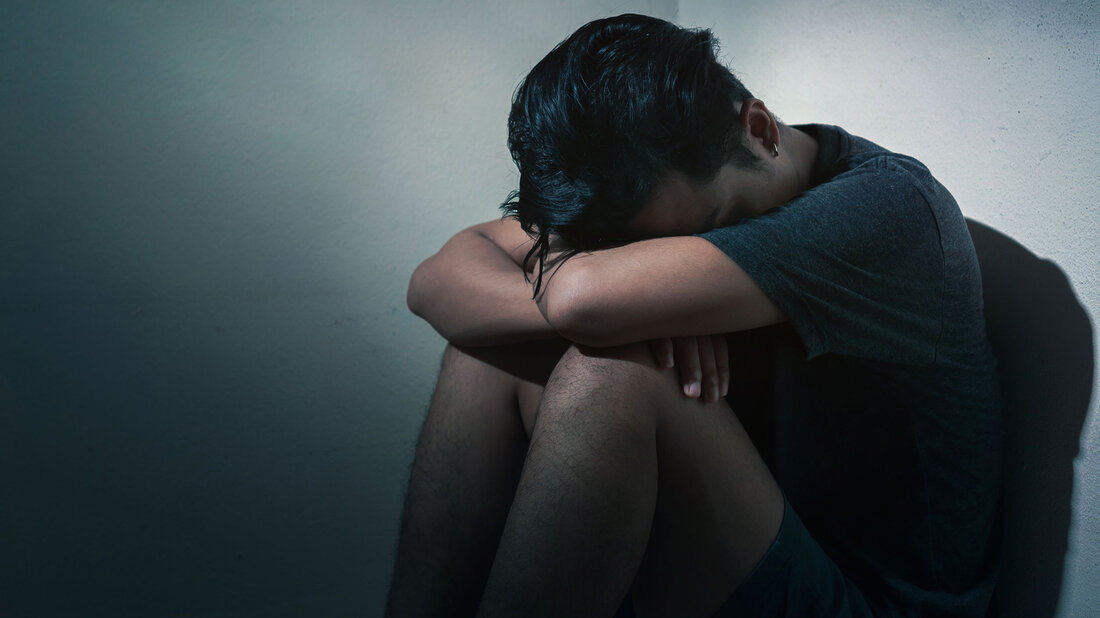Depression and addiction - how are they related?
The old chicken and egg question that came first applies to this puzzle. Recent studies suggest that depression and addiction continue to go hand in hand. There is a strong correlation between depression and addiction, and the problem is often approached in two different ways. 1. Some conventional psychiatric treatment procedures focus on treating depression as the root cause of the drug or alcohol abuse problem. 2. Others view depression as a symptom that typically occurs when a person becomes addicted to substance abuse. As an addict drives down the ever-descending road while experiencing his high...

Depression and addiction - how are they related?
The old chicken and egg question that came first applies to this puzzle. Recent studies suggest that depression and addiction continue to go hand in hand.
There is a strong correlation between depression and addiction, and the problem is often approached in two different ways.
1. Some conventional psychiatric treatment procedures focus on treating depression as the root cause of the drug or alcohol abuse problem.
2. Others view depression as a symptom that typically occurs when a person becomes addicted to substance abuse.
As an addict drives down the ever-descending road while experiencing his high, he is in a euphoric state of mind where he simply becomes numb to any kind of pain sensation, both emotional and physical. In most cases, addicts are in deteriorating or poor health. Long-time drug and alcohol addicts also suffer from nutritional deficiencies. Therefore, addiction is a progressive complication.
Due to ongoing addiction problems, addicts face a variety of emotional, social and physiological problems such as: Such as job loss, broken relationships and dropping out of studies, financial bankruptcy, legal problems and many others that lead to recurring episodes of depression. One way or another, depression and addiction are highly correlated, especially given the consequences of addiction.
Depression often leads to relapses
Depression is a critical mental illness that is most commonly associated with substance abuse disorders. If left untreated, depression can hinder the addiction recovery process and lead to relapse. On the other hand, an untreated addiction problem can also develop depression in the patient and consequently lead to a relapse. Therefore, this vicious cycle of depression and addiction must be recognized and treated simultaneously.
The ideal treatment must focus on the deepest root of addiction and its consequences and include a thorough understanding of the relationship between addiction, recovery, depression and relapse. Treatment must be based on a clear understanding of the bio-psychosocial model of addiction and depression. The basic principle of treatment is established only by treating depression that coexists with addiction. Recovery plans must address the administration of signs and symptoms of depression and addiction.
Some essential facts
In practice, chronic depression is an integral part of the harsh reality that addicts face, especially during recovery. When they feel depressed, they see the destruction they have caused in their life. Prolonged drug use changes brain programming so that they inevitably look for a way out of the harsh reality they face. This depression can lead them to start using drugs again. Some people describe the syndromes of depression and addiction as a married couple who cannot exist without each other.
Although addicts' brains are programmed for quick relief and instant gratification, one should not use antidepressants even if one is feeling depressed during recovery. Antidepressants offer nothing more than a temporary solution. In times of depression, it is better to seek support from family or ask for help from volunteers who will continuously contribute to the addiction field.
Inspired by Paul Courtney

 Suche
Suche
 Mein Konto
Mein Konto
